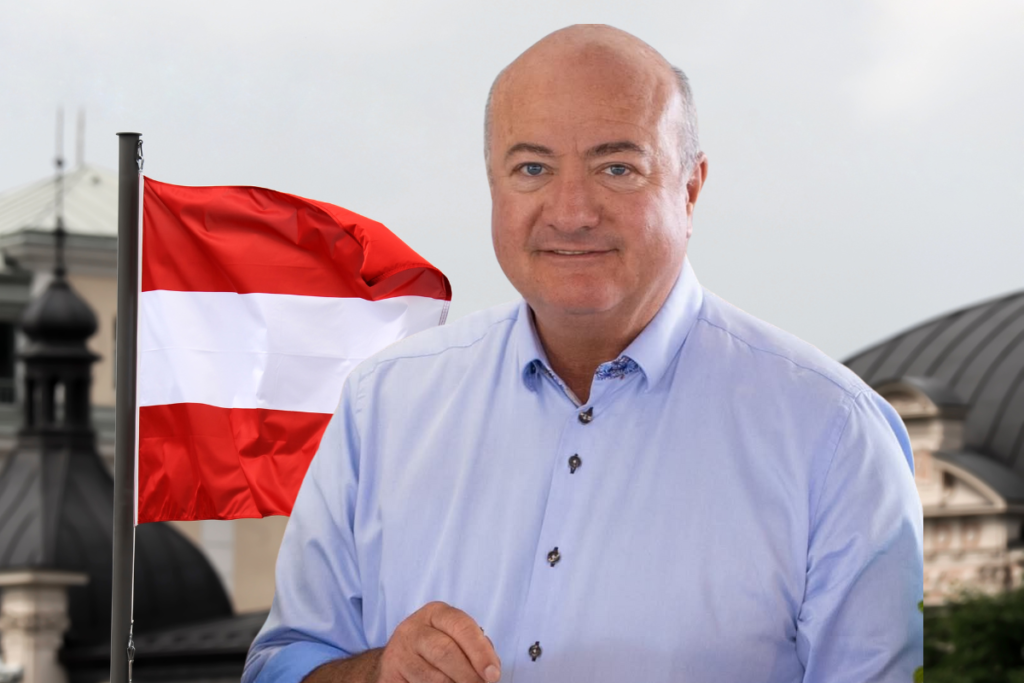UK ministers have made last-minute concessions on artificial intelligence and copyright rules to avoid a fifth defeat in the House of Lords over the controversial Data (Use and Access) Bill. The bill, which aims to unlock economic benefits and improve online safety, has faced repeated pushback due to concerns about how it allows AI companies to train their systems using copyrighted material without explicit permission. In response to these criticisms, the government promised to publish technical reports on AI and copyright regulation within nine months, a move intended to address fears about the unchecked use of creative works.
The controversy has drawn sharp criticism from creators and industry leaders who argue that the bill could undermine copyright protections and threaten the livelihoods of artists and authors. The creative sector has been vocal, with some high-profile figures publicly opposing the bill’s current form. Lord’s Minister Maggie Jones expressed regret over how the government managed the process but stressed that these concessions were necessary to keep the legislation moving forward.
Despite the compromises, opposition in the Lords remains strong. Crossbench peer Beeban Kidron, a prominent critic, has tabled further amendments aimed at strengthening copyright safeguards. The possibility of a “double insistence” situation looms if the Lords reintroduce amendments previously removed by the Commons, which could cause the bill to collapse unless ministers agree to the changes. Such a standoff is rare but reflects the high stakes involved in balancing innovation with protecting creative rights.
Technology Secretary Peter Kyle admitted that the government regretted aspects of the original proposal but maintained that the legislation is vital for ensuring the UK stays competitive in the rapidly evolving AI landscape. He argued that responsible regulation, combined with transparency measures, would allow the UK to benefit from AI advancements without compromising creators’ rights.
The government’s concessions and ongoing negotiations highlight the challenges of legislating in a fast-moving technological field. As AI continues to transform industries and society, striking the right balance between innovation and protection remains a complex task. The outcome of this legislative battle will be closely watched, as it could set important precedents for how AI and copyright intersect in the UK and beyond.



